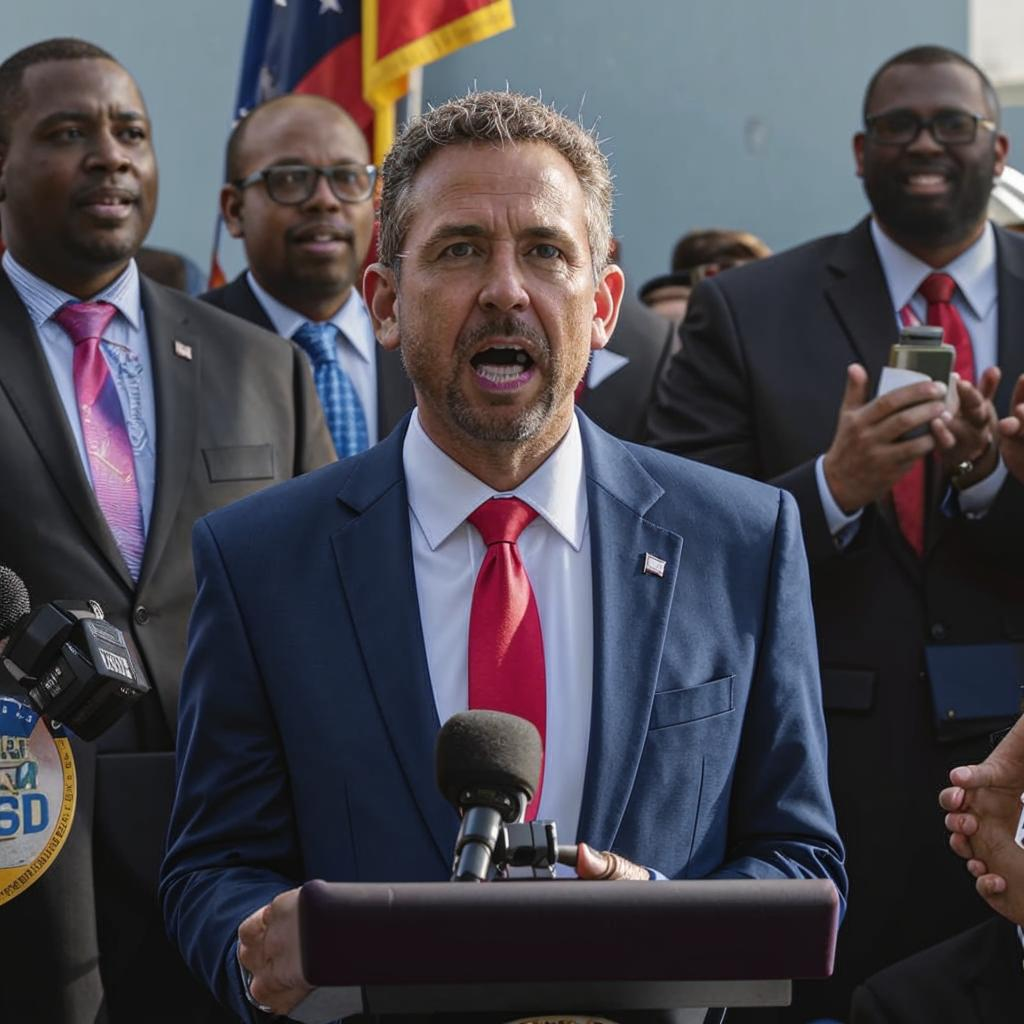Misinformation and disinformation are not new phenomena, but their proliferation in the digital age poses an unprecedented threat to American society. Fueled by social media algorithms and partisan echo chambers, false narratives spread rapidly, reaching millions and shaping public opinion.
This erosion of trust has tangible consequences. From vaccine hesitancy to election denialism, misinformation undermines public health efforts, fuels political polarization, and weakens democratic institutions. The motives behind the spread of false information vary, ranging from financial gain to ideological agendas. Foreign actors also exploit social media platforms to sow discord and interfere in US elections.
Combating misinformation requires a multi-pronged approach. Media literacy education is crucial to empower individuals to critically evaluate information and identify bias. Social media companies must take responsibility for curbing the spread of false content on their platforms while respecting freedom of speech. Fact-checking organizations play a vital role in debunking myths and holding purveyors of misinformation accountable.
The battle against misinformation is an ongoing struggle, but a necessary one to safeguard the integrity of American democracy and maintain social cohesion. It demands vigilance, critical thinking, and a commitment to truth. Furthermore, open dialogue and constructive engagement across ideological divides are essential to bridge the gaps created by misinformation and rebuild trust in shared realities. The future of a well-informed citizenry depends on it.















